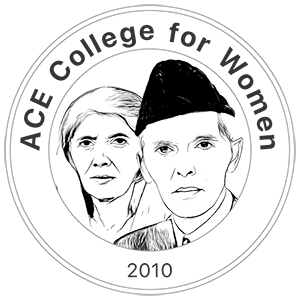Husbandry Practices, Constraints, and Opportunities in Indigenous Chicken Production in the Siltie Zone, Central Ethiopia
| Received 07 Apr, 2025 |
Accepted 28 Jun, 2025 |
Published 30 Jun, 2025 |
Background and Objective: Chicken production is one of the livestock subsectors in Ethiopia, and it plays an important role in job creation, family nutrition improvement, and women’s empowerment. The present study was conducted to assess the husbandry practices, constraints, and opportunities of indigenous chickens in different agroecologies of the Siltie Zone, Central Ethiopia Region of Ethiopia. Materials and Methods: The study was conducted in the highland and midland agroecologies of the Siltie Zone. A total of four districts were purposively selected based on the potential of the indigenous chicken population and agroecology. In each district, 40 households that have more than five adult indigenous chickens were selected using a simple random sampling technique. Data were collected on indigenous chicken house and housing; feeding (feed availability, types, and frequency of feeding), watering (availability and frequency of watering), marketing, disease and health care practices, and breeding and culling practices. Descriptive statistics, including means and percentages of indigenous chicken data, were analyzed using SPSS software at a 0.05 significance level. Results: The study revealed that there was a significant difference (p<0.05) for housing, feeding management, watering management, marketing, health care practices, breeding, and culling practices among the two agroecologies in the study area. Conclusion: Indigenous chicken production and husbandry practices are relatively better in the midland than in the highland agro ecology in the study area, which might be due to better awareness in feed supplementation, watering, culling, and selection practices of indigenous chicken in the midland agro ecology in the study area.
How to Cite this paper?
APA-7 Style
Aman,
Y.K., Reda,
K.B. (2025). Husbandry Practices, Constraints, and Opportunities in Indigenous Chicken Production in the Siltie Zone, Central Ethiopia. Trends in Agricultural Sciences, 4(3), 200-218. https://doi.org/10.17311/tas.2025.200.218
ACS Style
Aman,
Y.K.; Reda,
K.B. Husbandry Practices, Constraints, and Opportunities in Indigenous Chicken Production in the Siltie Zone, Central Ethiopia. Trends Agric. Sci 2025, 4, 200-218. https://doi.org/10.17311/tas.2025.200.218
AMA Style
Aman
YK, Reda
KB. Husbandry Practices, Constraints, and Opportunities in Indigenous Chicken Production in the Siltie Zone, Central Ethiopia. Trends in Agricultural Sciences. 2025; 4(3): 200-218. https://doi.org/10.17311/tas.2025.200.218
Chicago/Turabian Style
Aman, Yesuf, Kedalla, and Kefyalew Berihun Reda.
2025. "Husbandry Practices, Constraints, and Opportunities in Indigenous Chicken Production in the Siltie Zone, Central Ethiopia" Trends in Agricultural Sciences 4, no. 3: 200-218. https://doi.org/10.17311/tas.2025.200.218

This work is licensed under a Creative Commons Attribution 4.0 International License.




